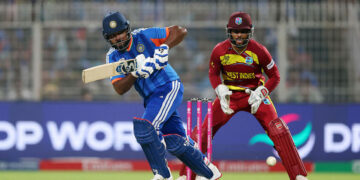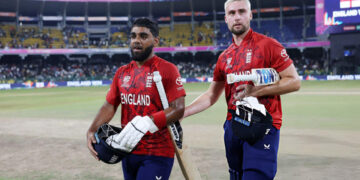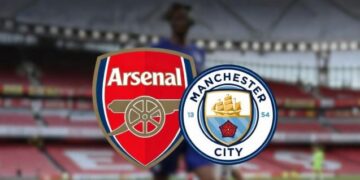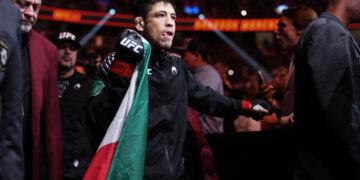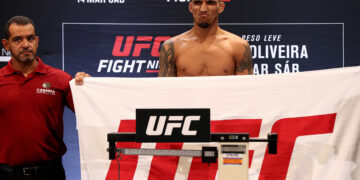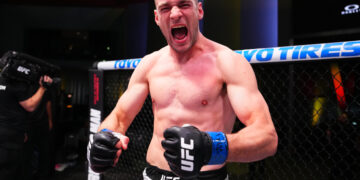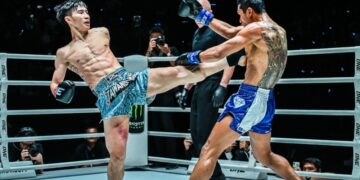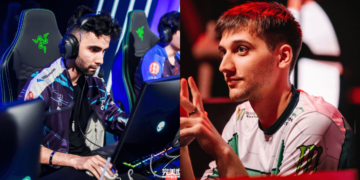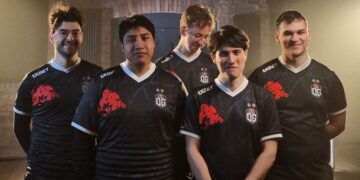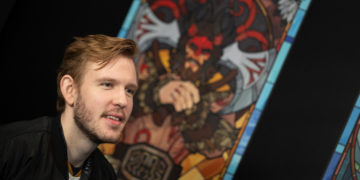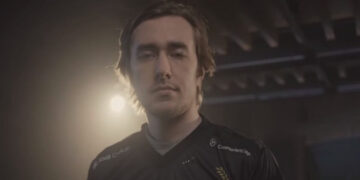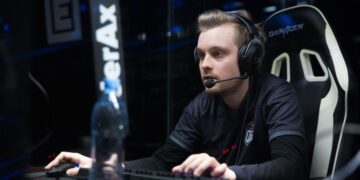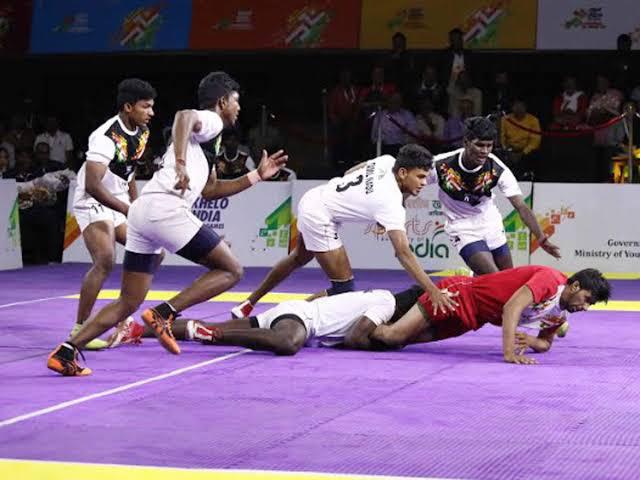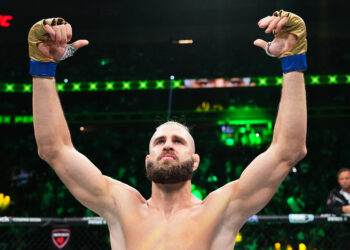
To butcher Newton’s third law of motion, every action a manager takes has an equal and opposite reaction – a football truth that should not be lost on Liverpool manager Arne Slot.
When the Dutchman arrived at Anfield last summer, one of his first acts was to reinvent Ryan Gravenberch as a No 6. While that decision was born partly of necessity, following a failed attempt to sign Martin Zubimendi from Real Sociedad, it proved an inspired move.
A player who had underwhelmed since his £34m arrival from Bayern Munich the previous year, struggling to cement a place in Jürgen Klopp’s starting XI amid a sense of uncertainty over his best position, suddenly became a key component in a side that cruised to the Premier League title.
It helped that Slot favoured a progressive midfielder anchor who, like Gravenberch, could carry the ball forward as well as sensing danger and breaking up opposition attacks. Yet there could be no denying that Gravenberch’s composure and ability to retain possession while working in tight spaces brought balance and solidity to Liverpool’s midfield.
Why Arne Slot played Ryan Gravenberch in defence against Chelsea
That remains the case and, when Slot decided to move Gravenberch into central defence following the second-half withdrawal of Ibrahima Konaté at Chelsea on Saturday, his thinking was informed at least partly by the 23-year-old’s ability on the ball.
“They pressed us mainly with the left winger, so the right centre-back is then very important in build-up,” said Slot after Liverpool’s 2-1 defeat, which marked the first time in his managerial career that he has lost three straight matches.
“I think it wasn’t a coincidence that, when Ryan started to play there, we got more and more into the game and created more and more problems for Chelsea.”
Be that as it may, it also seemed a curious decision, given the presence of Joe Gomez on the bench. The 28-year-old defender has played just 29 minutes in the Premier League this season, coming on as a late substitute against Bournemouth and Arsenal. But while losing out to Virgil van Dijk and Konaté has become a fact of life for Gomez, losing out to a midfielder must have felt like a slap in the face.
Certainly it is a far cry from the halcyon days of the 2019/20 campaign, when Gomez played a central role alongside Van Dijk, starting 22 times and making a further six substitute appearances as Liverpool ended a 30-year wait for the league title. That season remains a high-water mark for the Englishman, partly because of the impact injuries have had on his Liverpool career. Yet his quality, when fit, is undeniable.
Does Arne Slot have faith in Joe Gomez?
Gomez nonetheless started just six of the 19 matches for which he was available last season and, although he enjoyed a six-game run in December following an injury to Konaté (and would have stayed in the side longer had he not himself succumbed to injury, a perennial theme of his Liverpool career), it is unclear how deep Slot’s faith in him runs.
Total football is one thing, but when Chelsea’s Enzo Fernández bisected two midfielders, Curtis Jones and Domink Szoboszlai, to set up Marc Cucurella for the cross that led to the winning goal, it was hard not to wonder if the presence of more bona fide defenders in the visitors’ back line might have made a difference.
In fairness to Slot, he had little choice but to take off starting right-back Conor Bradley, who struggled from the outset against Alejandro Garnacho and continued to do so after he was booked.
Jeremie Frimpong, the £29.5m full-back signed from Bayer Leverkusen this summer, would have been the natural replacement, but Liverpool were crying out for the creativity of Florian Wirtz and could ill-afford to lose Szoboszlai, arguably their best performer this season. So while Frimpong remained unused, Szoboszlai reverted to the full-back role in which he has deputised of late.
Should Gravenberch have featured in defence ahead of Gomez?
Keeping Gomez on the bench once Konaté departed was harder to fathom, however, even allowing for Slot’s argument that the right centre-back would see more of the ball. Gomez may lack Gravenberch’s dribbling ability, but he is more than capable of playing out from the back.
The England defender was linked with a move to AC Milan this summer, the latest in a long line of domestic and foreign clubs to express interest in his services. Now, with the club’s central defensive options so thin following the anterior cruciate ligament injury suffered by Giovanni Leoni last month, Slot must be careful not to alienate him.
Gomez, for his part, has remained unfailingly loyal to Liverpool, and is reportedly content to remain at Anfield for as long as he feels integral to the squad. Slot, meanwhile, has more than enough credit in the bank, after winning the league in his first season with a reinvented Gravenberch at the heart of the team, to experiment with his options.
Yet the words of former Liverpool defender Jarrel Quansah, who seemed to lose favour with Slot last season after a series of mistakes and was later sold to Bayer Leverkusen, offer a cautionary tale. Quansah, currently on international duty with England, has revealed that he left Merseyside to get more playing time, and Slot must be careful that history does not repeat itself.
What Jarrell Quansah said about being underutilised by Slot
“I just wanted to keep progressing in a way where, as a young centre back, you need games to improve,” said Quansah. “I’ve obviously been learning off some of the best players around me at the time at Liverpool, and being able to do that has been so good for my career.
“But at this point in my career, I’m 22 turning 23, and I’m going to be needing hundreds of games to be where I want to be.”
Gomez is 28 and, while he has won every club honour available since moving to Liverpool from Charlton a decade ago, it would be understandable if there came a time when he too felt a need to play more. A footballer’s career is all too brief and, though his commitment to the cause is admirable, even as dedicated a squad player as Gomez could be forgiven for re-evaluating his options when he finds himself behind a midfielder in the defensive pecking order.
Again, Slot will not be oblivious to this. It should also be acknowledged that, after a summer of record spending, the Dutchman faces the trickiest of tasks in remoulding his expensively assembled squad into a cohesive unit (although he will still rue the deadline-day collapse of a £35m move for Crystal Palace defender Marc Guéhi).
It is the devil’s own job, but Slot’s resourcefulness in finding solutions, such an obvious strength, also has a potential downside he can ill-afford to ignore.



